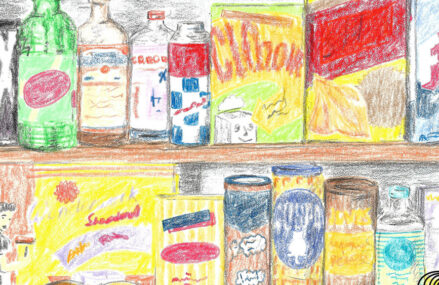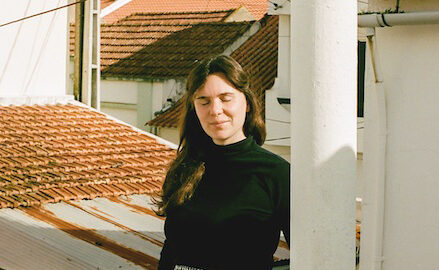The Fix is a boundless adventure through life’s harsh realities and rock and roll’s limitless possibilities.
Matt Carter
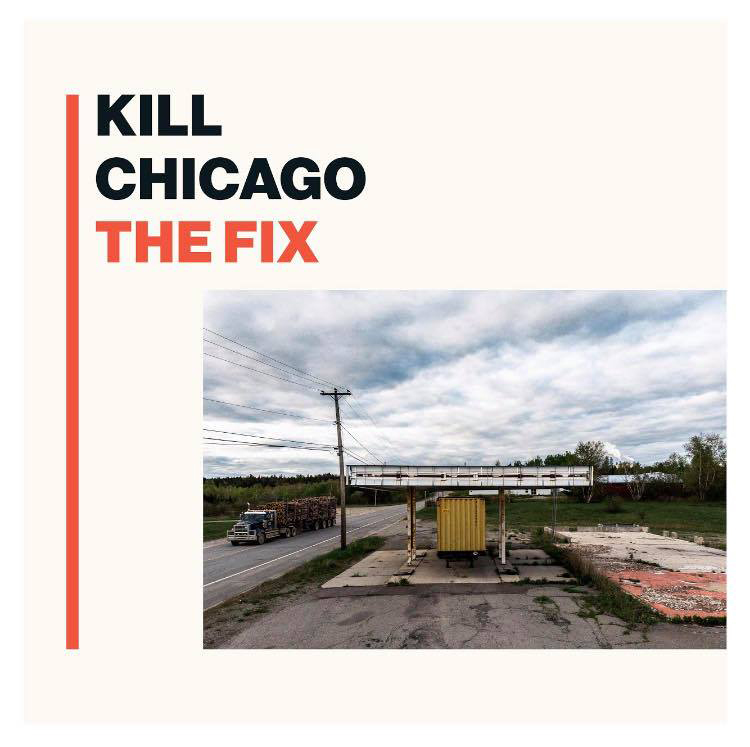 My dad was a big folk music guy. Peter, Paul and Mary, Gordon Lightfoot, Dylan, and all points in between. He was particularly fond of traditional Irish and Scottish folk songs because of the stories they told. For him, one of folk music’s greatest attributes is the way the stories reflect the times in which they were written. Buried between some of the most moving love songs I’ve ever heard, are songs about life as a labourer, or growing up in a divided country, or as someone forced to leave home to find work. “Folk music is simply music about the people, written by the people, for the people,” he would say.
My dad was a big folk music guy. Peter, Paul and Mary, Gordon Lightfoot, Dylan, and all points in between. He was particularly fond of traditional Irish and Scottish folk songs because of the stories they told. For him, one of folk music’s greatest attributes is the way the stories reflect the times in which they were written. Buried between some of the most moving love songs I’ve ever heard, are songs about life as a labourer, or growing up in a divided country, or as someone forced to leave home to find work. “Folk music is simply music about the people, written by the people, for the people,” he would say.
Using my dad’s rule of what defines folk music, Kill Chicago could very easily be seen as being rooted in this folk tradition. If you look beneath the layers of adventurous guitar tones and complex rock-based arrangements that weave between accepted parameters of genre classification, you will find songs about everyday people doing their best to cope with life’s many challenges. The songs are not always pretty. In fact, most of the stories the band share deal with mistakes, struggles and the lies we tell ourselves to justify our own actions. Greg Webber, the band’s songwriter, vocalist and guitarist has an obvious fascination with the human struggle, the hopes of the middle class and our collective (and often misguided) quest for more. This interest has guided Kill Chicago from the beginning.
On the band’s 2015 debut, The Grey, Webber worked to dispel the notion that life has to be seen as being one way or the other. He reminded us how a lot of things can’t always be defined simply as being good or bad. As the album’s title clearly states, there is a middle ground that exists between the positive and the negative – a grey area – that must be included in any equation where answers about life are sought.
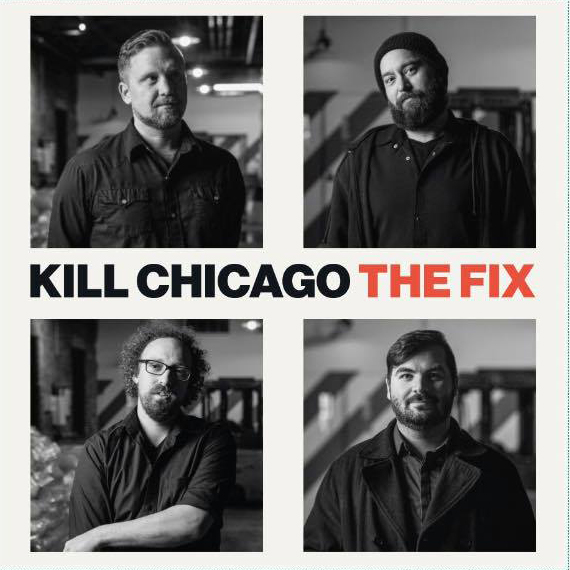 Lyrically, Kill Chicago’s new album, The Fix, is the next logical step, at least for Webber. Having already established that nothing in life is as simple as we want it to be, how do we move forward to find our way in the grey? Is there a clear path? An obvious direction? A fix?
Lyrically, Kill Chicago’s new album, The Fix, is the next logical step, at least for Webber. Having already established that nothing in life is as simple as we want it to be, how do we move forward to find our way in the grey? Is there a clear path? An obvious direction? A fix?
To explore this idea, Webber and his bandmates Dillon Anthony, Zach Atkinson and Matt Bowie went all out, pushing themselves in new directions musically and creatively. In an earlier interview, Webber described the process as being one full of risk for everyone involved including co-producer Brad Perry who was practically given equal say on how the songs came together. He went on to explain how unlike The Grey, which he had plotted out entirely before entering the studio, The Fix was arranged completely as a band with each member contributing ideas on the structure of each song through the album’s lengthy recording process. If this ends up being the last album they make together, Webber wanted it to be something everyone involved can be proud of.
By all accounts, this approach was a success. Kill Chicago sound stronger, more cohesive and somehow more complete than perhaps they did on their debut. Another Way, the album’s opening track, is a strong example and a great introduction to the group’s growth over the past four years. The melody alone is constructed in such a way that without the voice of each instrument – that is to say, without the contribution from each individual member – it simply wouldn’t work. This complexity could easily be overlooked because of how well the song is delivered. From the way Webber’s voice pairs with Bowie’s bass line to squeeze into the song’s narrow opening, to the way Atkinson’s drums enter in unison with the song’s lyrical rhythm and the calculated rise in Anthony’s guitar, The Fix is immediately complex.
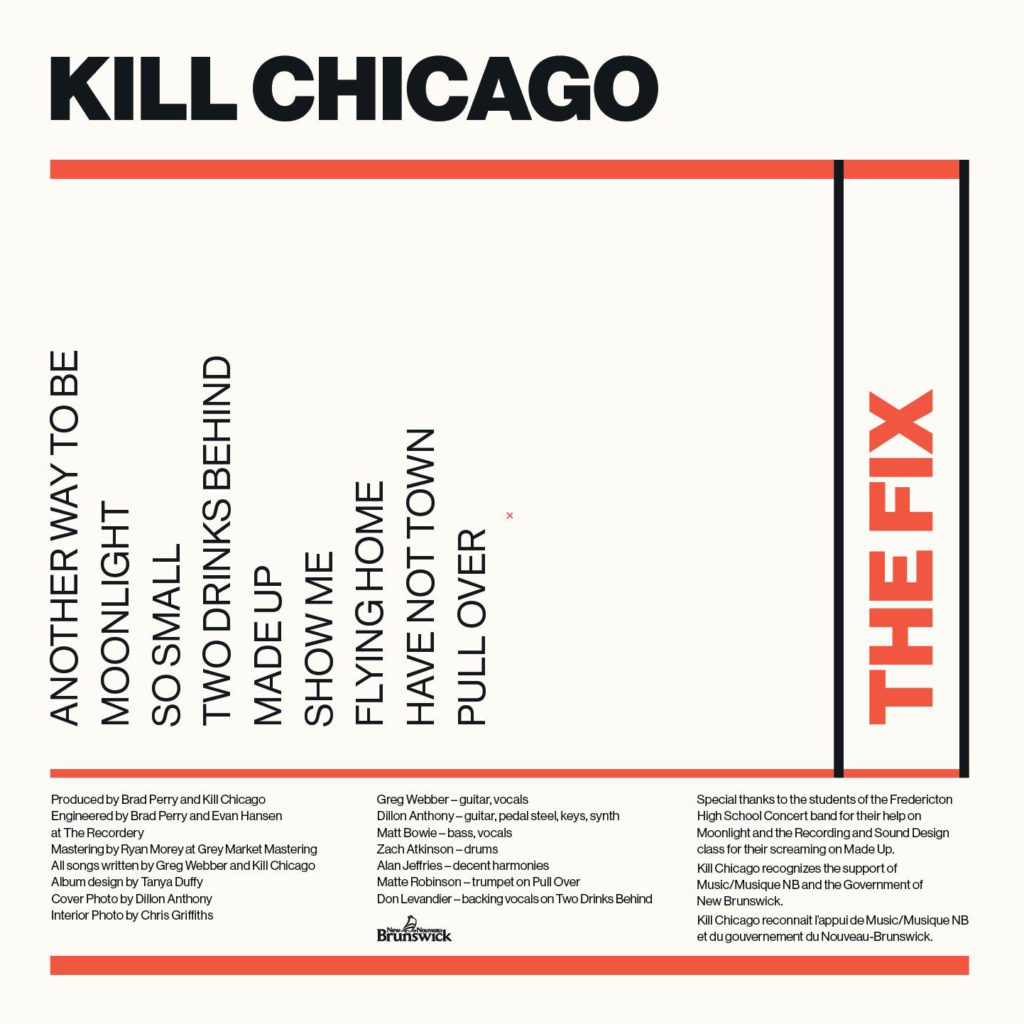 Each of the album’s ten tracks find the group searching for their own fix – their own way to move forward – while also appearing to make a conscious and deliberate effort to move beyond any previous understanding of what their band is, or could be. The Fix delves deep into the root of each song to reveal a range of hidden melodies and subtle rhythmic phrases that perhaps the band wasn’t capable of hearing or ready to flesh out on their previous record.
Each of the album’s ten tracks find the group searching for their own fix – their own way to move forward – while also appearing to make a conscious and deliberate effort to move beyond any previous understanding of what their band is, or could be. The Fix delves deep into the root of each song to reveal a range of hidden melodies and subtle rhythmic phrases that perhaps the band wasn’t capable of hearing or ready to flesh out on their previous record.
The origins of Kill Chicago – those stand alone blues riffs that defined earlier songs like Sweetest Voice or Count to Ten – still play a foundational role in the group’s evolved sound and offer fans of The Grey something familiar to hold on to. New songs like So Small or You Don’t Like It are perfect bridges between the two albums, even if their resemblances are short lived. In fact, So Small may be the album’s only outlier track, plowing ahead in familiar Kill Chicago fashion before dissolving into some dreamy synth territory, foreshadowing melodies that will appear further into the record on the track, Have Not Town. While it may seem to serve little purpose in this case, outside of offering Webber and Bowie a chance to check their tuning when performing live, this back-half experimentation pops up a few times on the album appearing as the thick, multi-pedalled, riff that closes out the song Show Me, and again on the album’s final track Pull Over, where it is most effective (thank you trumpet) and closes the album by creating this sort of ride-off-into-the-sunset vibe, spaghetti western style.
If The Fix does end up being the band’s swan song, the members of Kill Chicago can certainly rest knowing they put their best feet forward on this one. The Fix can only be seen as a major achievement. It’s songs may not become part of the New Brunswick folk music canon, but as an album, it will forever live among our best.
The Fix will be officially released on November 8.
Upcoming Performances:
Nov. 8 | The Capital Complex | Fredericton, NB | View Event
Nov. 9 | Tide and Boar Gastro Pub | Moncton, NB | View Event
Nov. 15 | Callie’s Pub | Saint John, NB | View Event
Nov. 23 | Royal Canadian Legion | Miramichi, NB | View Event



